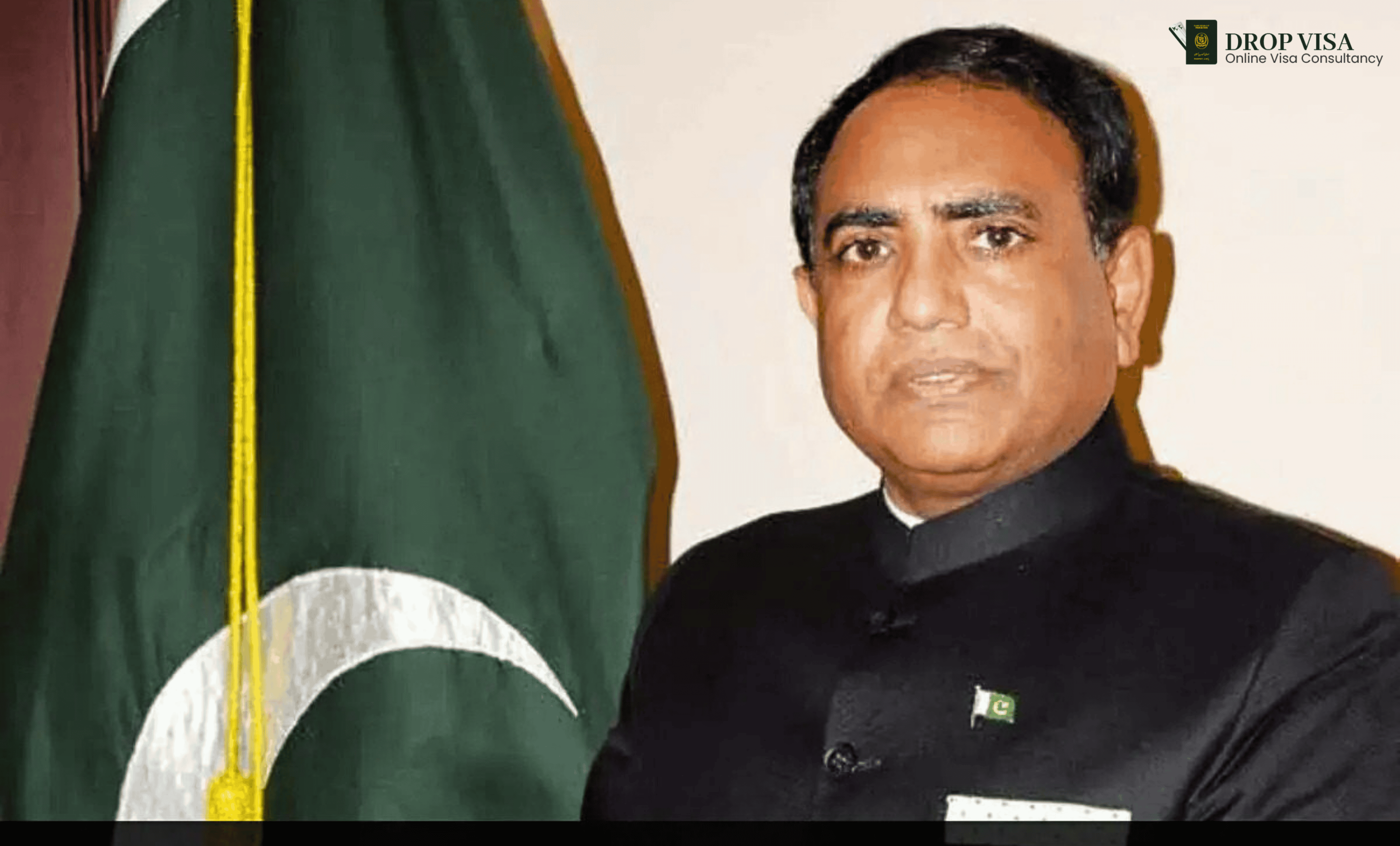Pakistan Left Red-Faced As Its Senior Diplomat Deported By US Despite Visa

Overview of the Incident In a surprising and controversial move, a senior Pakistani diplomat was recently deported by the United States despite holding a valid diplomatic visa. This incident has raised serious concerns about diplomatic norms, international relations, and the potential ramifications for Pakistan-US ties. While diplomatic expulsions are not uncommon, the circumstances surrounding this case have drawn significant attention from both the media and foreign affairs analysts. Diplomatic Significance Diplomatic deportations are serious matters that often indicate underlying tensions between two countries. The expulsion of a diplomat holding a valid visa challenges the very foundation of diplomatic immunity and international conventions. Understanding the implications of this event is crucial for both Pakistan and the global diplomatic community.
The Diplomatic Expulsion: What Happened? Details of the Diplomat’s Deportation
Details of the Diplomat’s Deportation Reports suggest that the senior Pakistani diplomat was asked to leave the US abruptly, despite having completed all necessary visa formalities. The exact reasons remain undisclosed, but speculation points to possible violations of diplomatic protocol, security concerns, or broader political motives. US Authorities’ Stance The US government has remained tight-lipped regarding the specific reasons behind the deportation. However, sources suggest that the decision was taken due to undisclosed security considerations or an internal assessment of diplomatic conduct. Pakistan’s Response Pakistan’s Ministry of Foreign Affairs has strongly condemned the move, calling it an “unwarranted and undiplomatic act.” The government has vowed to seek an official explanation from US authorities and has hinted at possible retaliatory measures. The incident has sparked debate within Pakistan about the need for a reassessment of diplomatic engagements with the United States.
Understanding Diplomatic Visas
What a Diplomatic Visa Entails A diplomatic visa is issued to foreign officials traveling for diplomatic duties. Holders of such visas are typically granted immunity under the Vienna Convention on Diplomatic Relations (1961). However, this immunity is not absolute and can be revoked under certain conditions. Reasons a Diplomat May Still Face Deportation Despite holding a diplomatic visa, a diplomat can be expelled if:
Historical Context: Similar Cases of Diplomatic Deportations
Past Instances of Diplomats Being Expelled Diplomatic deportations have occurred worldwide due to espionage allegations, misconduct, or political conflicts. Some notable cases include:
US-Pakistan Relations at Stake
Recent Diplomatic Tensions US-Pakistan relations have experienced fluctuations over the years, with cooperation in counterterrorism efforts on one hand and mistrust over security concerns on the other. This recent incident could add to the growing tensions between the two nations. How This Incident Could Impact Future Ties The deportation could lead to:
Legal and Political Implications
International Law on Diplomatic Expulsions Under international diplomatic laws, host countries have the right to declare any diplomat persona non grata, meaning they are no longer welcome. However, such actions usually follow serious allegations or a breakdown in diplomatic trust. How Pakistan May Respond Legally or Politically Pakistan may choose to:
Media and Public Reaction
Coverage in Pakistani and International Media The expulsion has been widely covered in both Pakistani and international media. Some key narratives include:
Key Notes
The Broader Impact on Diplomacy This deportation serves as a reminder of the fragile nature of diplomatic relations. While diplomatic immunity provides significant protections, it is not absolute, and political or security concerns can override standard visa privileges. What This Means for Future Diplomatic Interactions Going forward, Pakistan must:
Worldwide Visa Information for Pakistani Passport:

